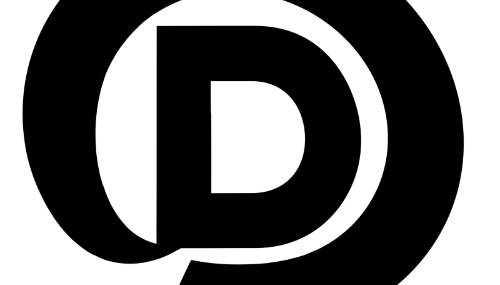Experts expect that domestic and foreign disinformation campaigns will try to disrupt the integrity of the elections in the Netherlands. Our social media watchdog Kieskijker observes online activities that build up to the general elections on 17 March 2021 and sees fake polls, fake political profiles and fake chat groups. Through a campaign, Kieskijker exposes disinformation and manipulation around the elections.
Digitisation: opportunities and risks for our democracies
This year’s elections will be more digital than ever before. Not only because we have started to use social media even more over the past four years, but also because the pandemic is forcing us to live our lives even more online. This confluence of events presents our democracies not only with opportunities, but also with risks. Since the outbreak of the pandemic, disinformation and conspiracy theories have spread more rapidly from the margins of the Internet to the mainstream media, thereby gaining greater reach than before.
Experts1 expect that domestic and foreign disinformation campaigns will try to disrupt the integrity of our elections. This is part of a broader trend of undermining the Western democratic legal order and democratic processes (such as elections), institutions and societies, partly through malicious, coordinated manipulation and disinformation campaigns.
Disinformation and manipulation in the Netherlands — the findings so far
Our social media watchdog Kieskijker observes online activities that build up to the election period. Research by Kieskijker shows fake polls by a fake research company, fake political profiles using social media to polarize, and even “false flag” chat groups with fake campaign material and neo-Nazi code language.
Kieskijker publishes its findings not after, but during the election period, in order to nip the harmful effect of manipulation, disinformation and polarisation in the bud. Kieskijker is currently working on new investigations and expects to find even more organised manipulation and disinformation.
About Kieskijker
Kieskijker is an innovative project that monitors and exposes online manipulation and disinformation around the 2021 Netherlands elections. The goal is not only to reduce the impact of disinformation and manipulation on the elections, but also to increase digital literacy2 among the Dutch population and to further refine the Kieskijker process so that it can be used in other elections as well.
Kieskijker does not indicate what is true or false, but shows how manipulation via social media works. The monitoring is done in a content-neutral, impartial way — explicitly without any preference for left, centre or right.
Project Kieskijker is carried out by the Defend Democracy Foundation and Trollrensics:
Defend Democracy is independent, impartial and works transatlantically. Its mission is to defend and strengthen democracy against domestic, foreign and technological threats. Defend Democracy works at the intersection of freedom, security and technology. It specialises, among other things, in bringing together people and organisations that care about democracy and in combating organised disinformation and manipulation.
Trollrensics focuses on exposing online disinformation activities. It developed an innovative platform for social media analysis that provides a rich and secure data science environment and relieves analysts of the task of retrieving, storing and visualising data so that they can focus on their core business. While other tools offer specific solutions to specific problems, Trollrensics’ platform offers integrated solutions.
Project Kieskijker is realised with the support of Stichting Democratie en Media and SIDN Fonds.
1 Including the joint threat assessment of Netherlands’ security services: Dutch national security interests are “substantially threatened and compromised by China and Russia.” Among their “most used means: influence and interference, including disinformation.”
2 One of our publications to enhance digital literacy is also available in English: ‘Stop propaganda. Twitter 101: the basics of dealing with disinformation, lies and propaganda‘

